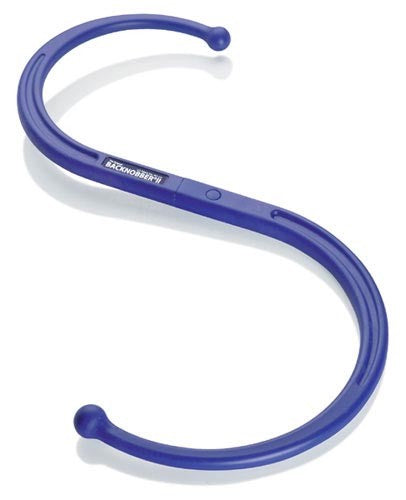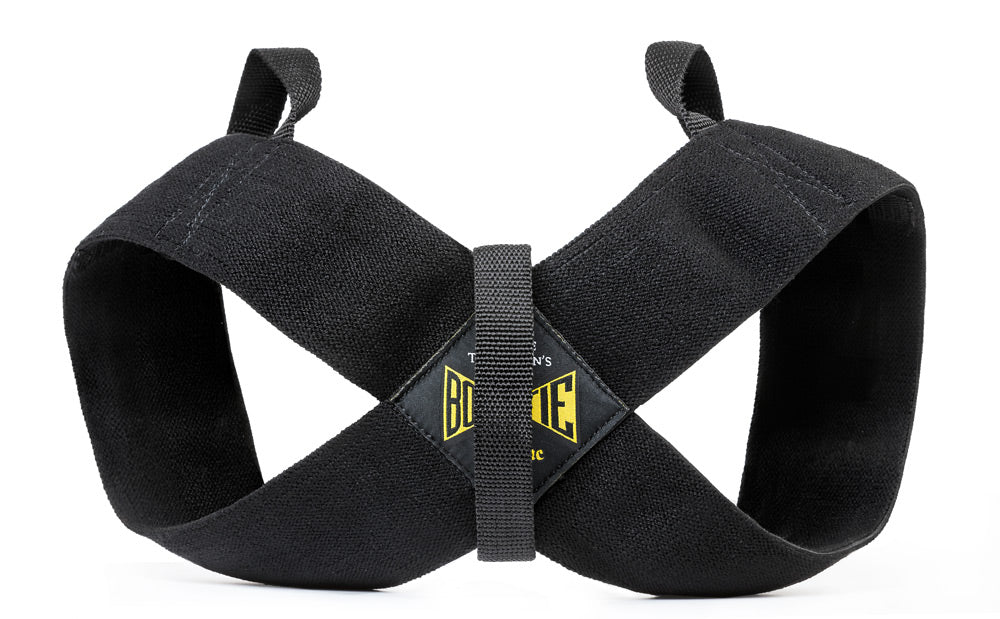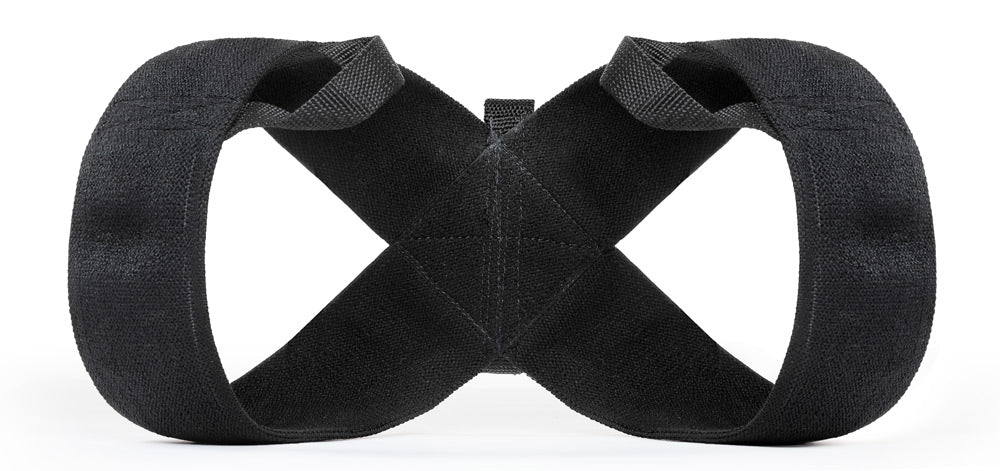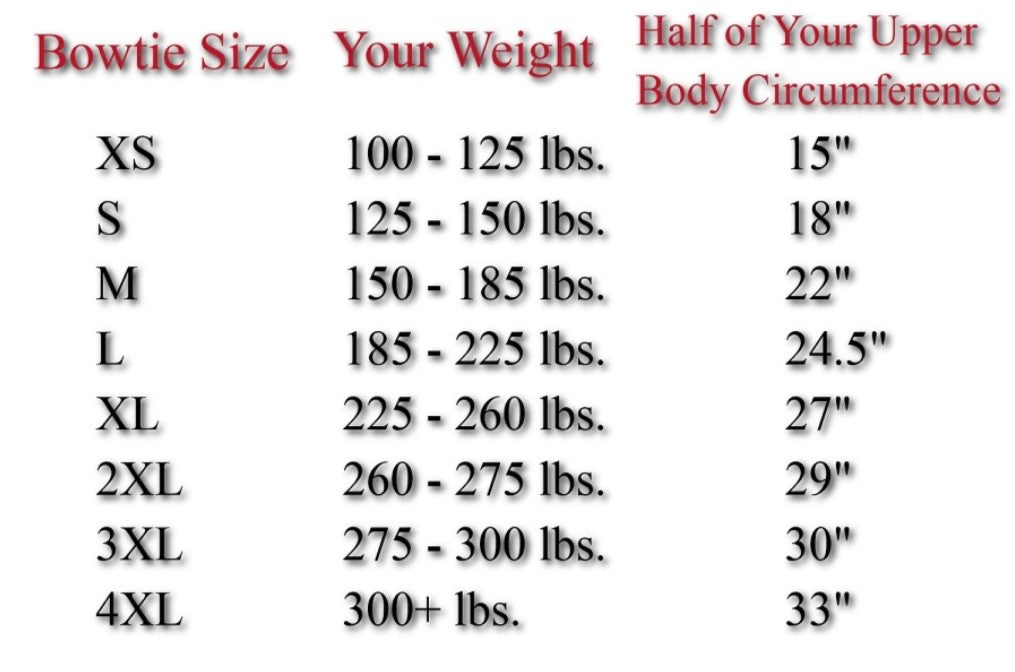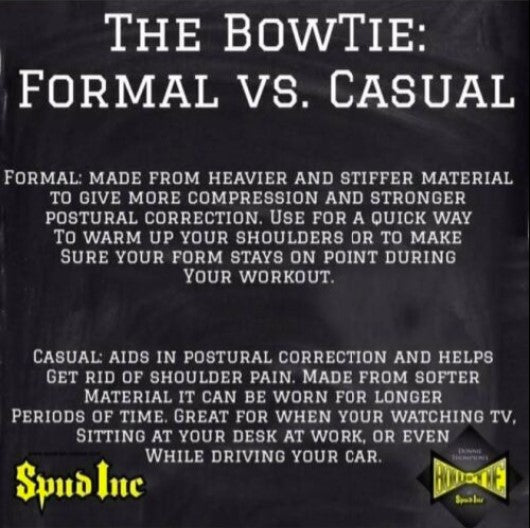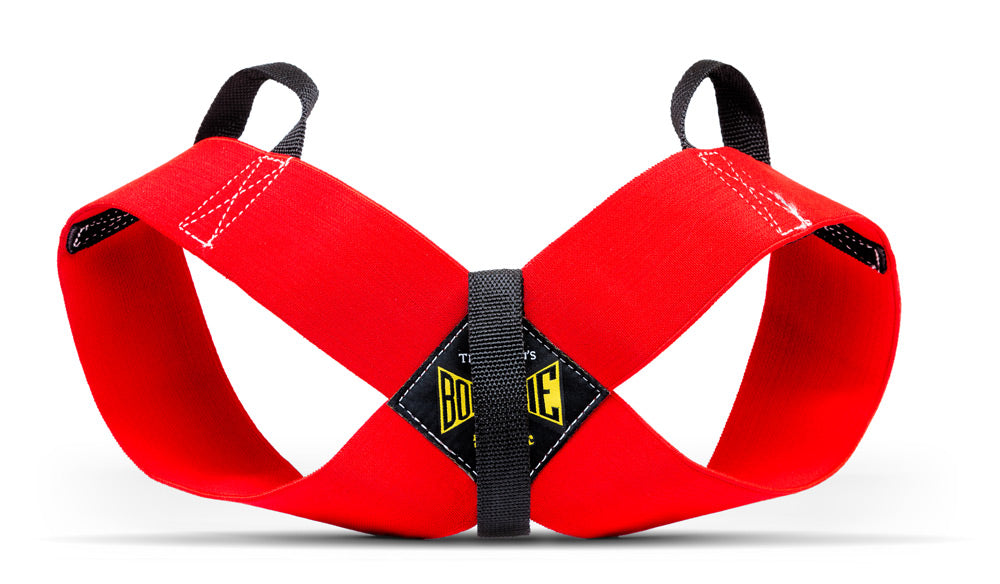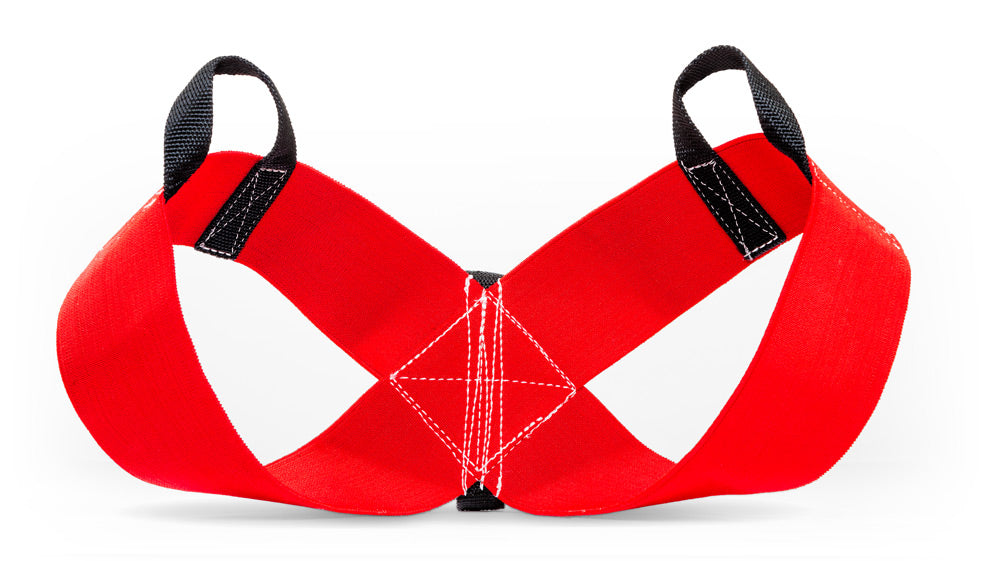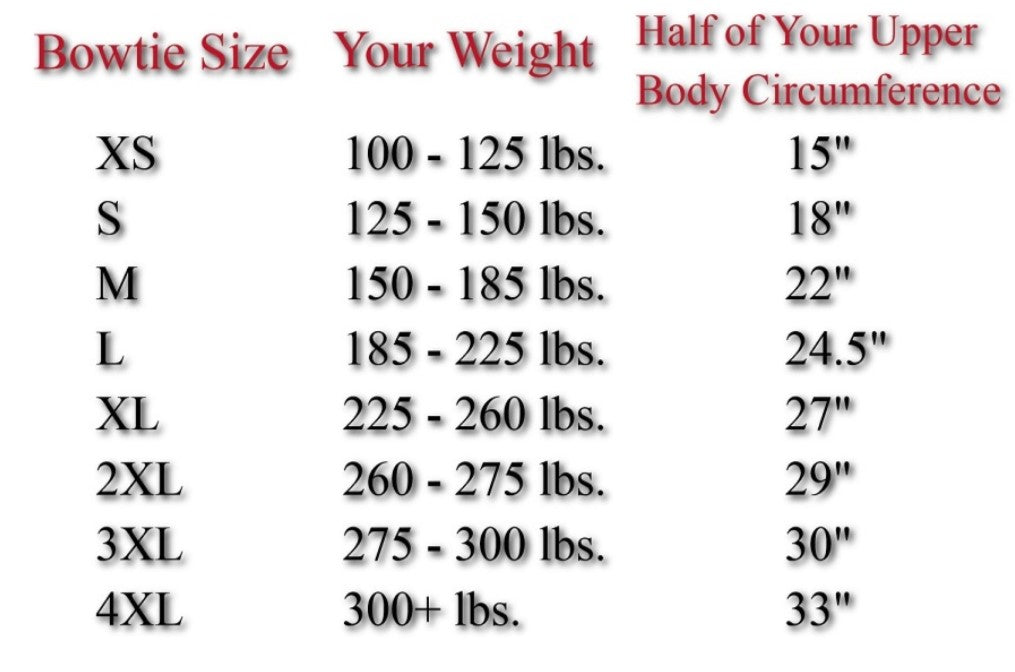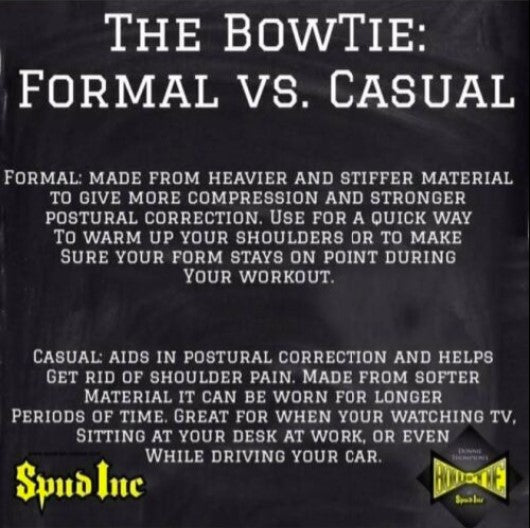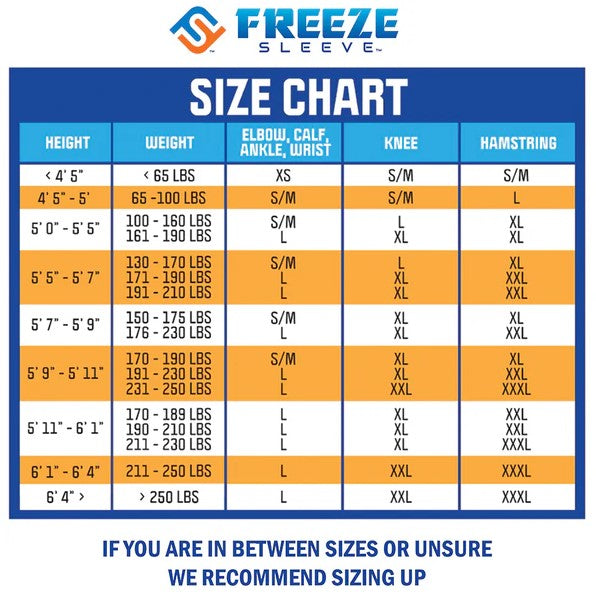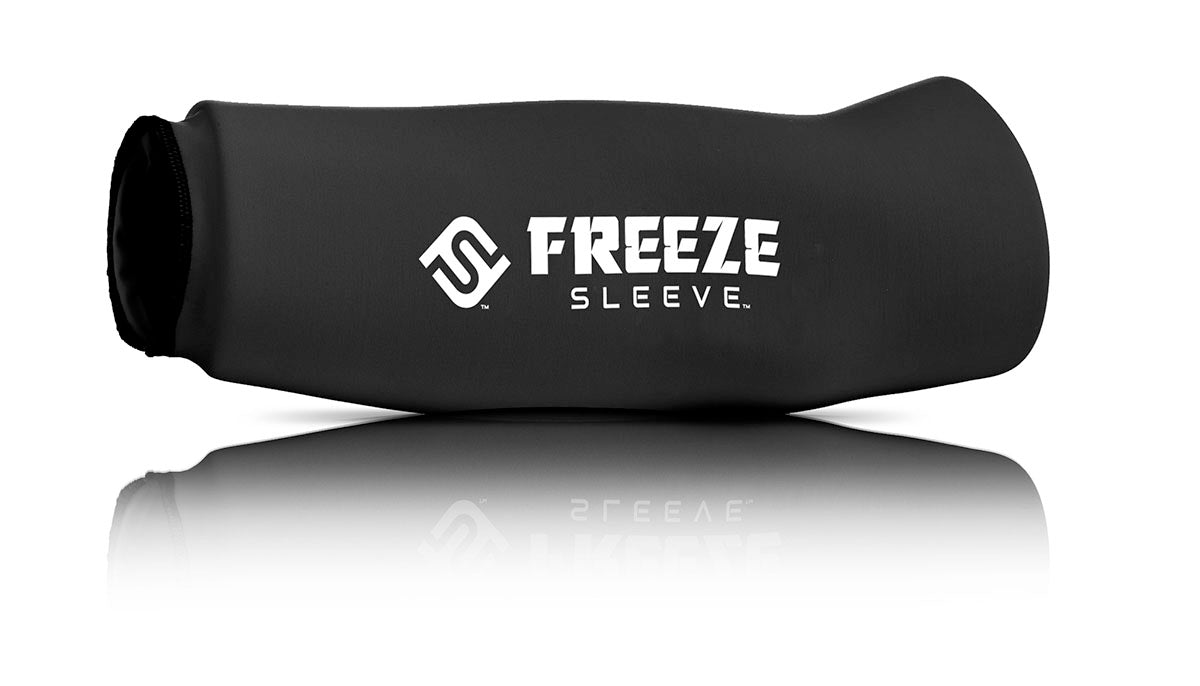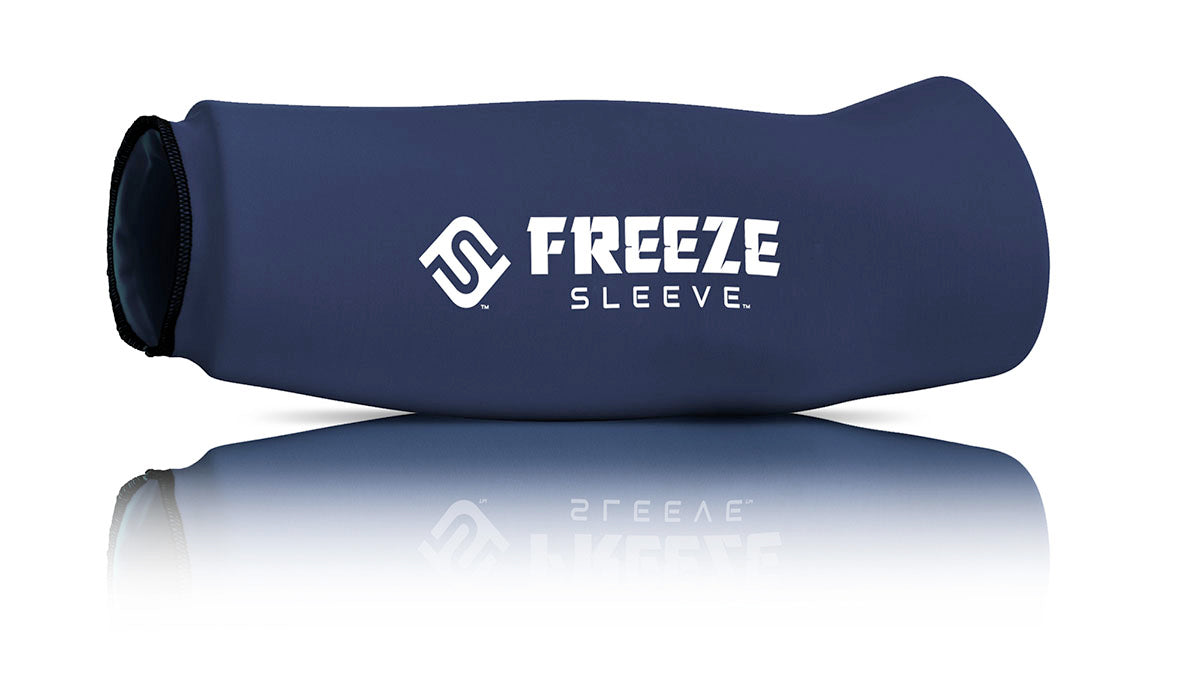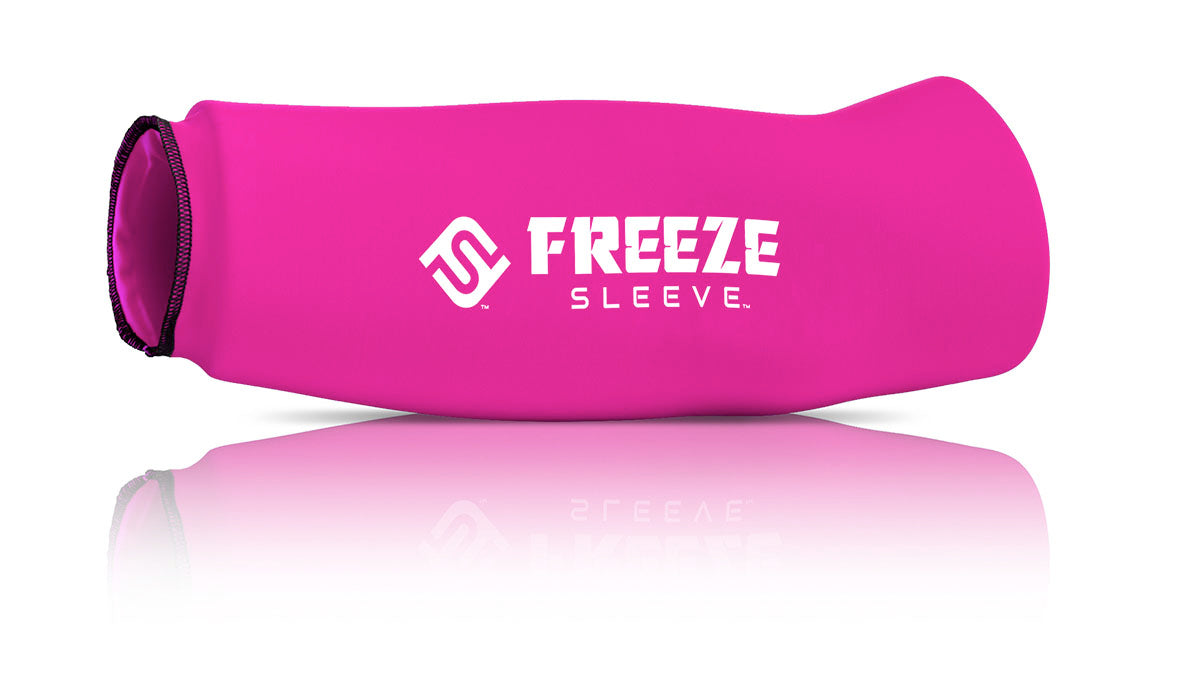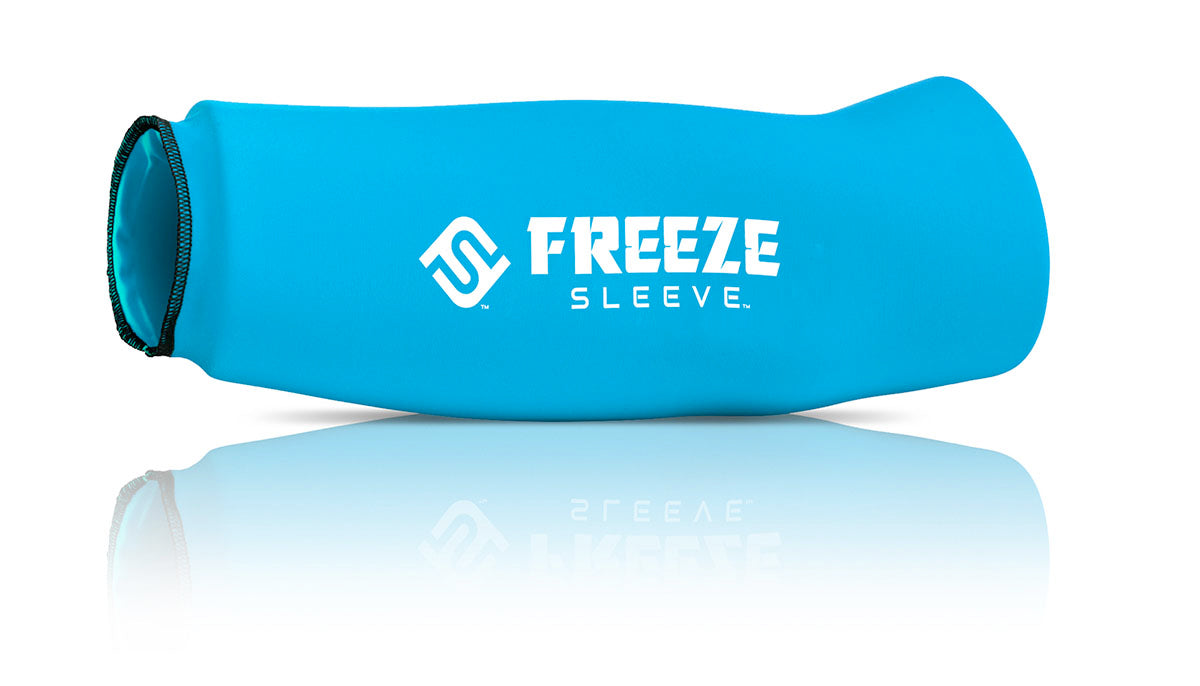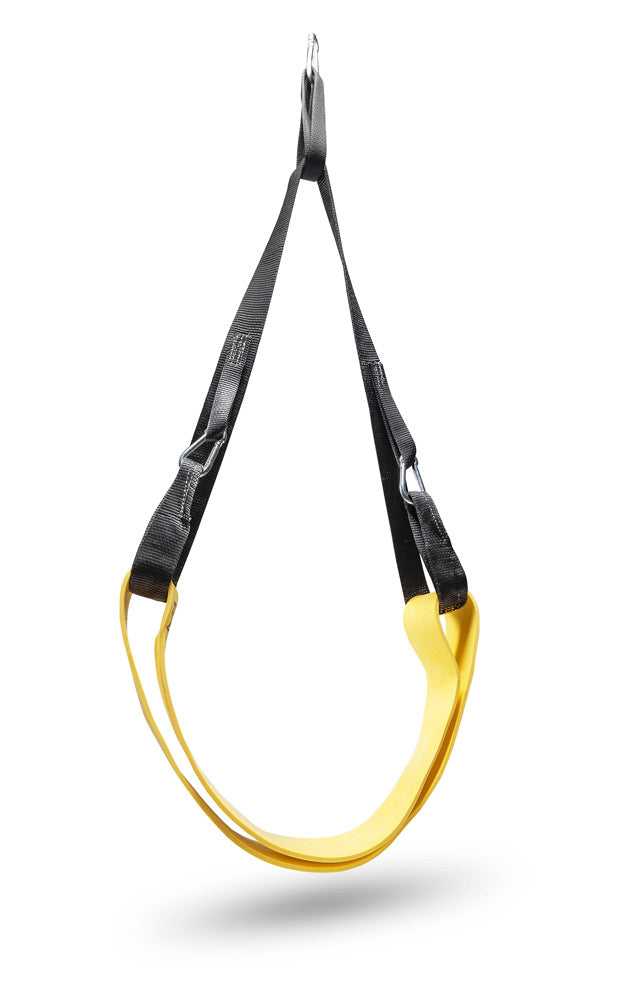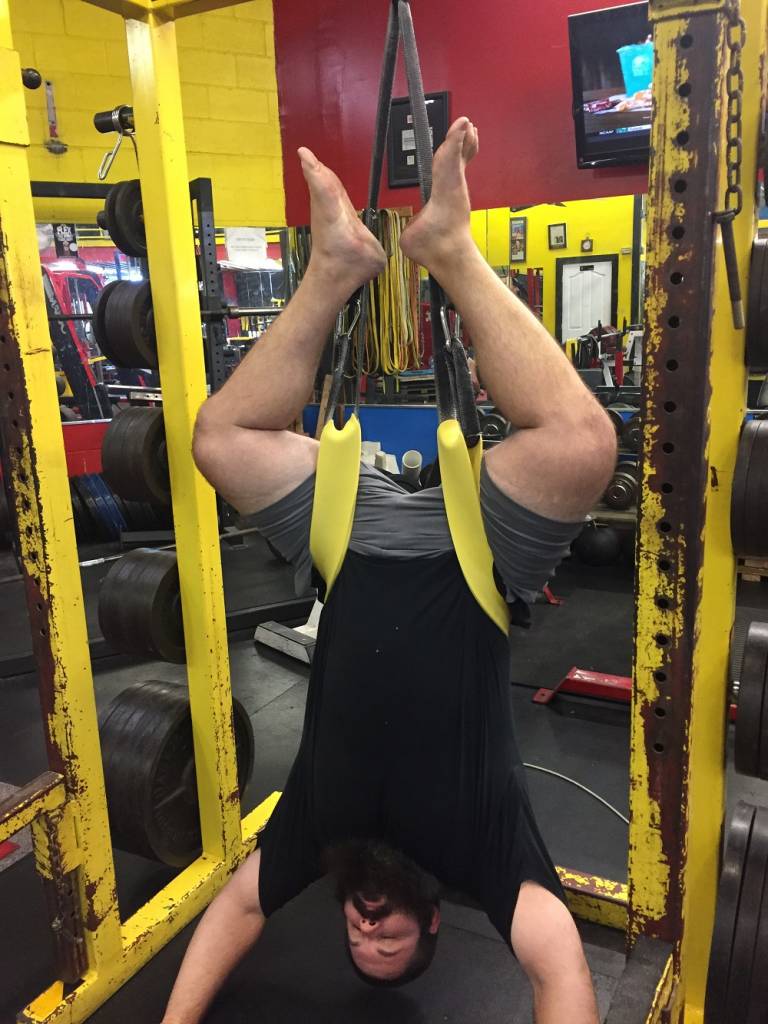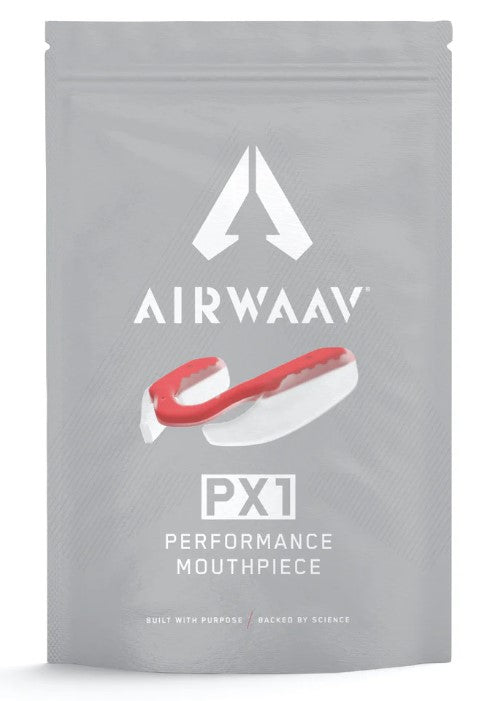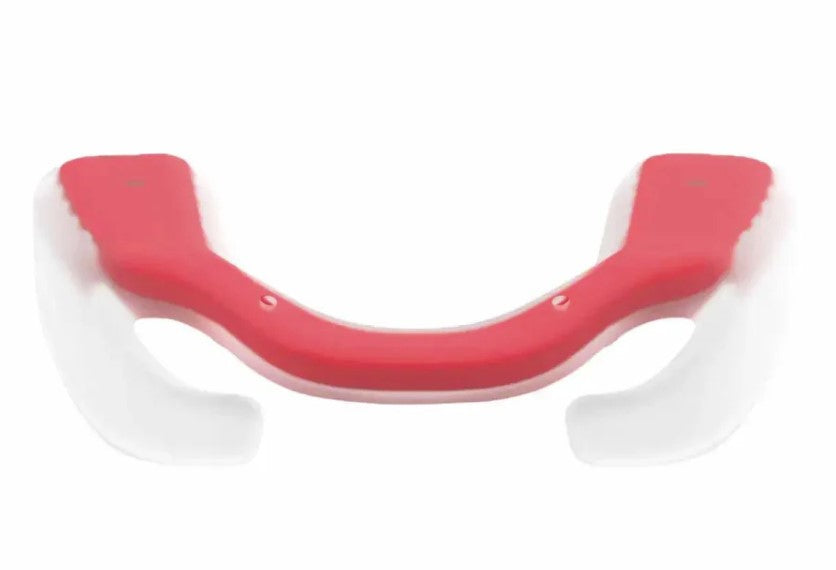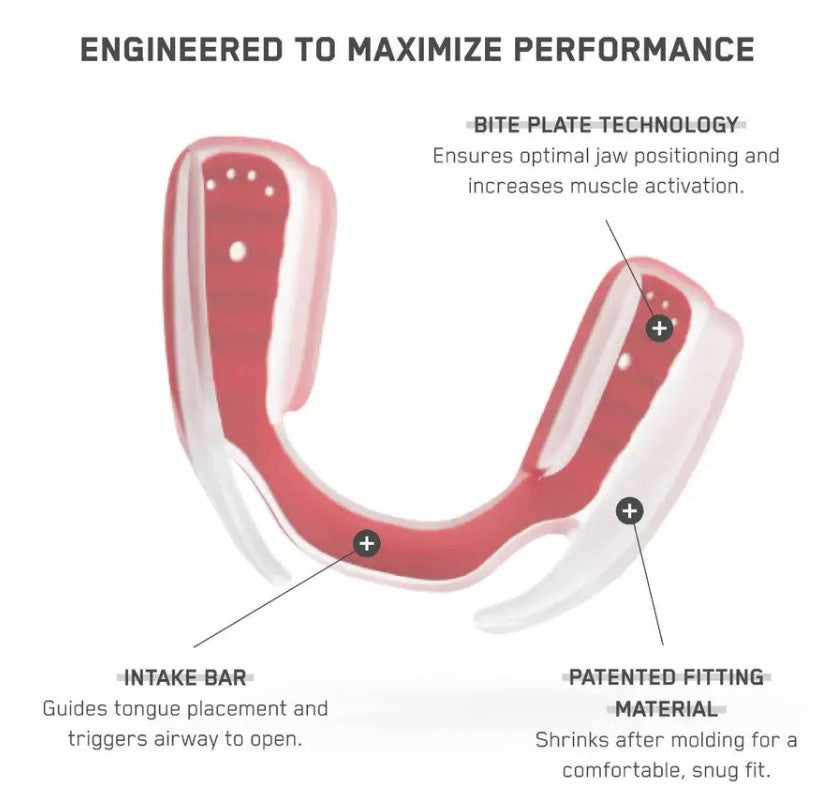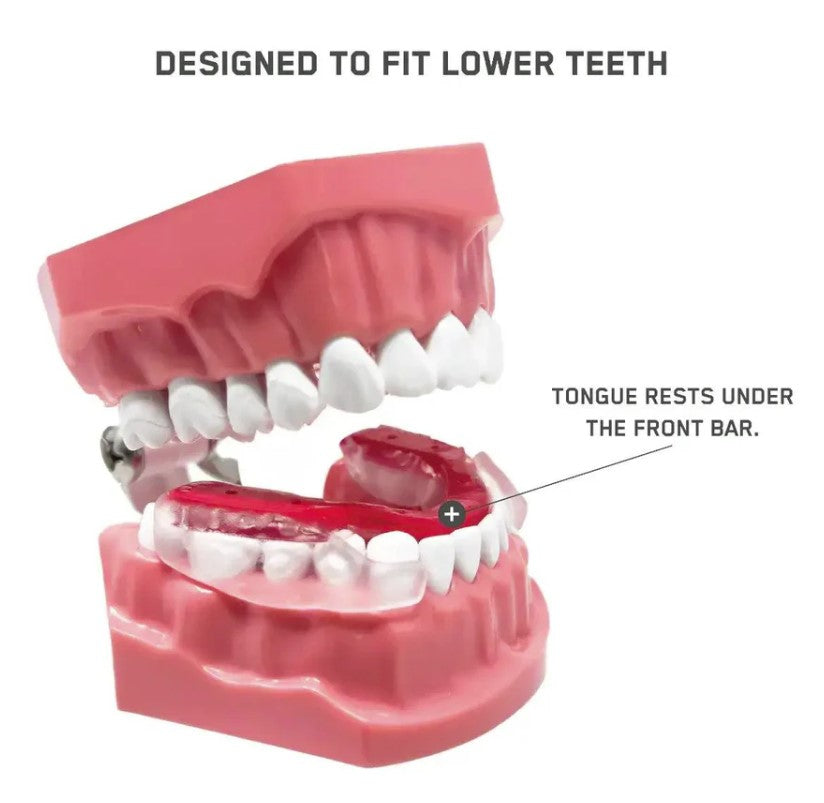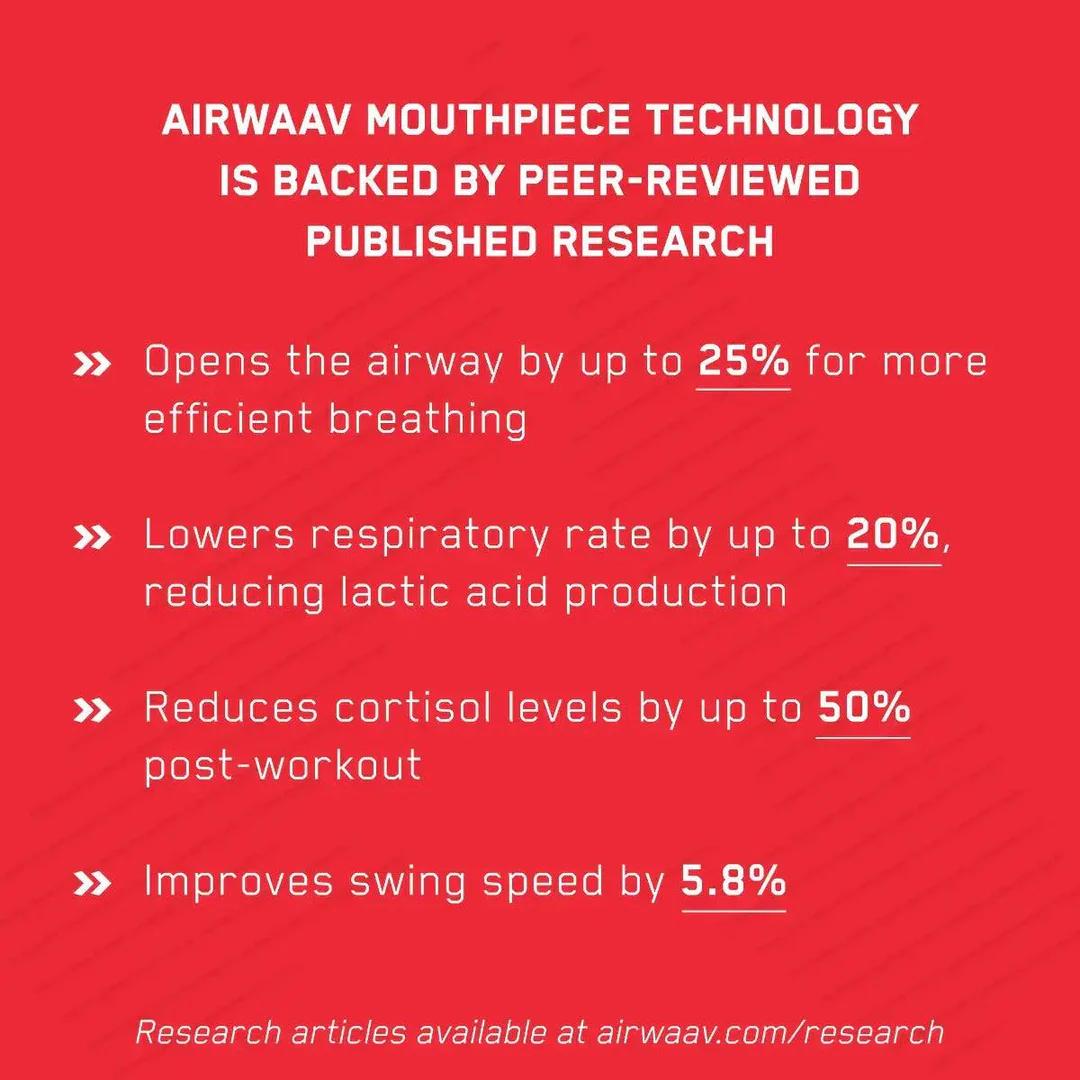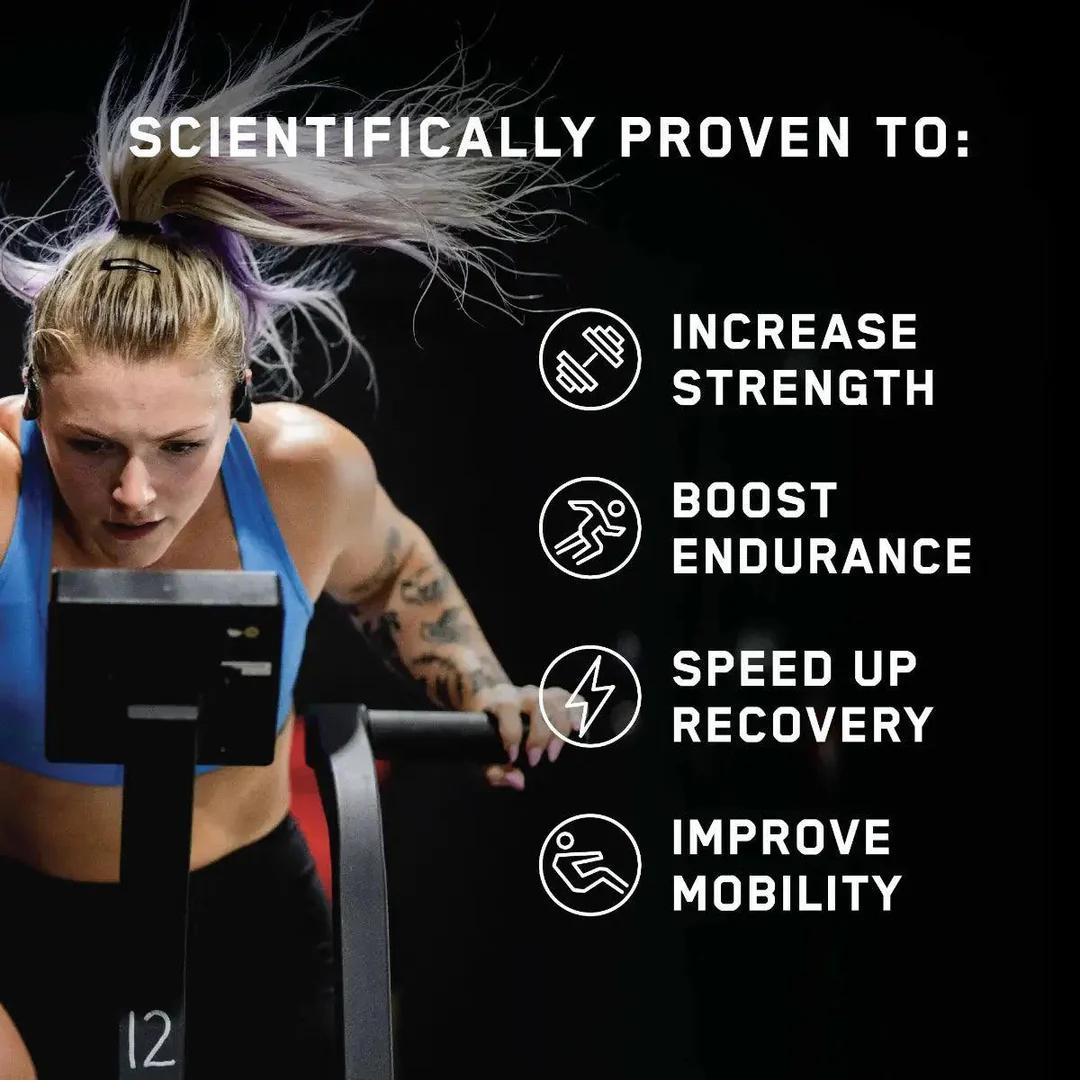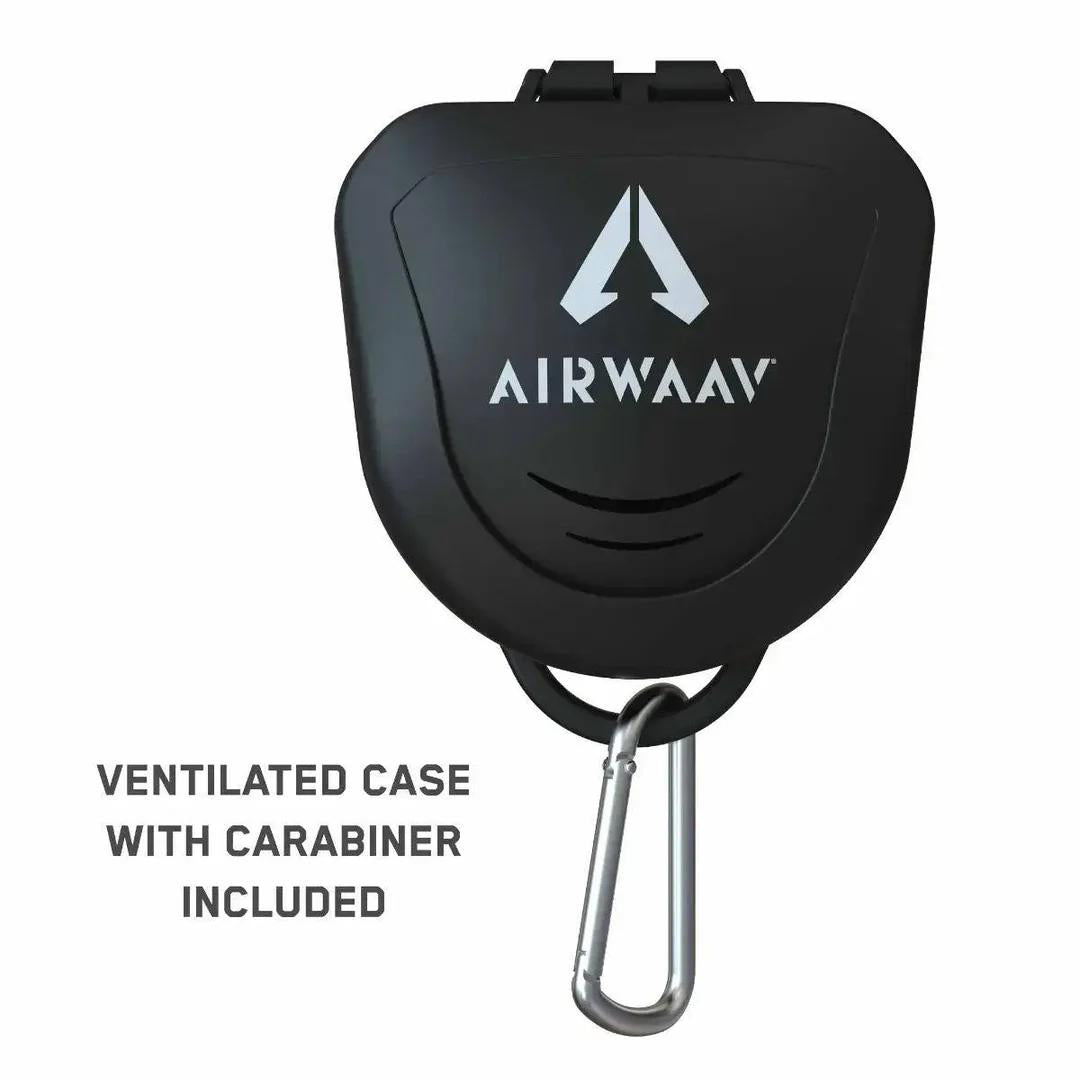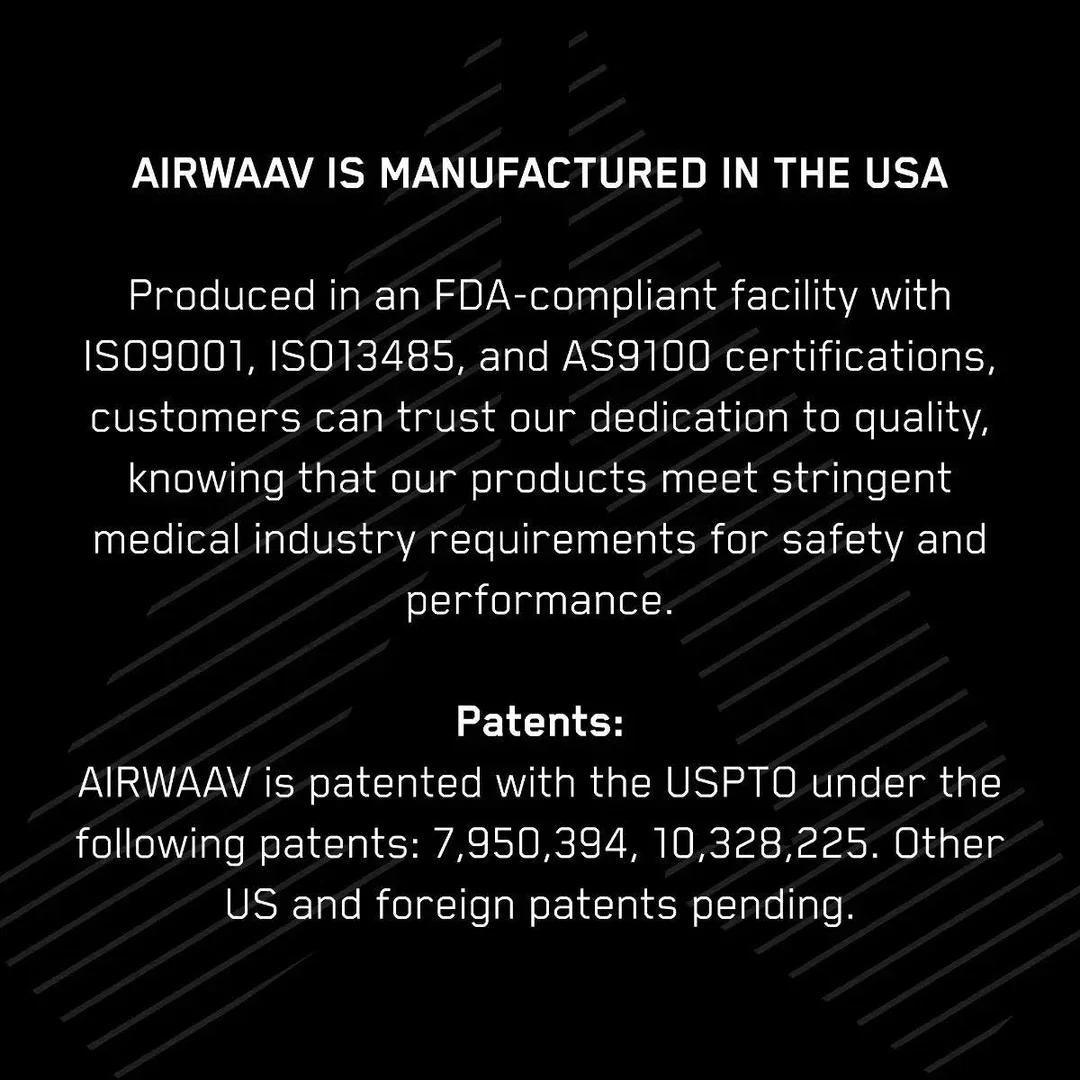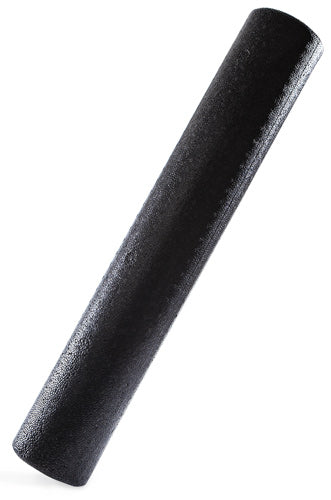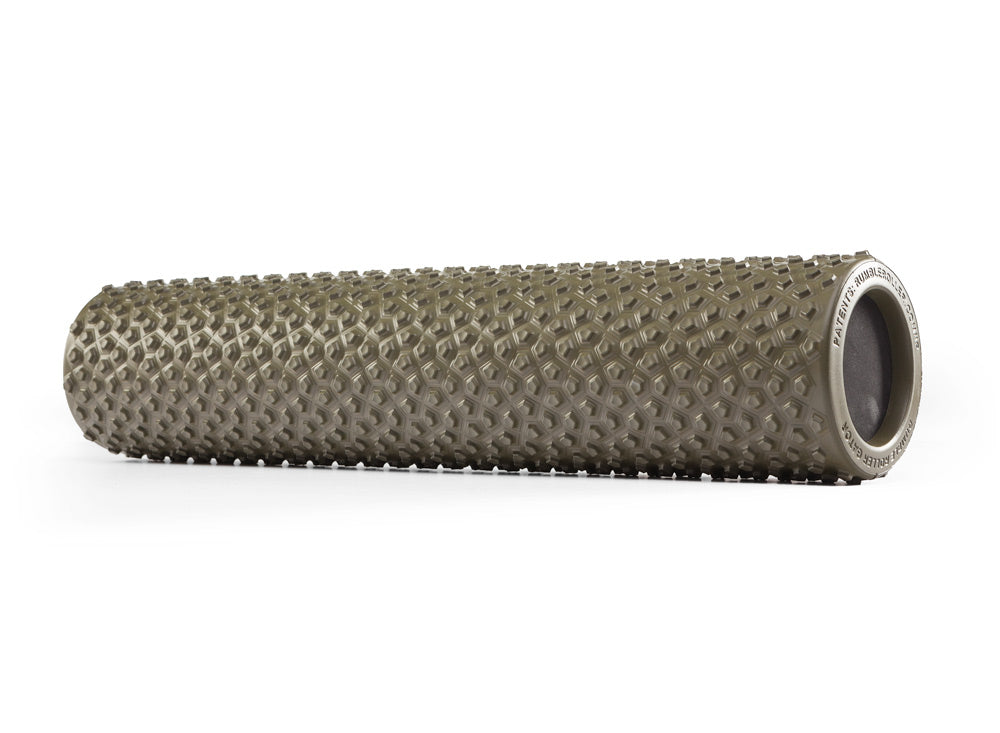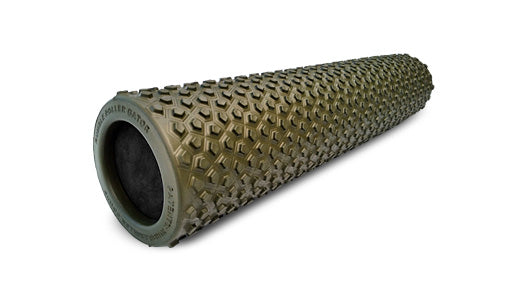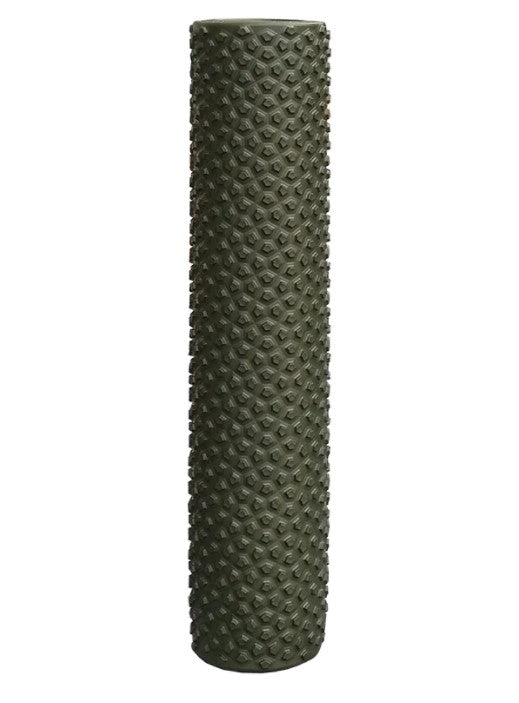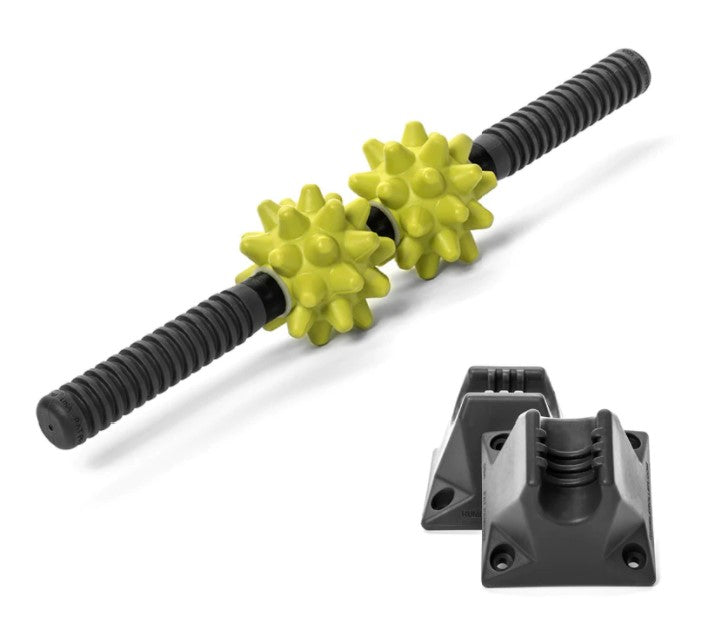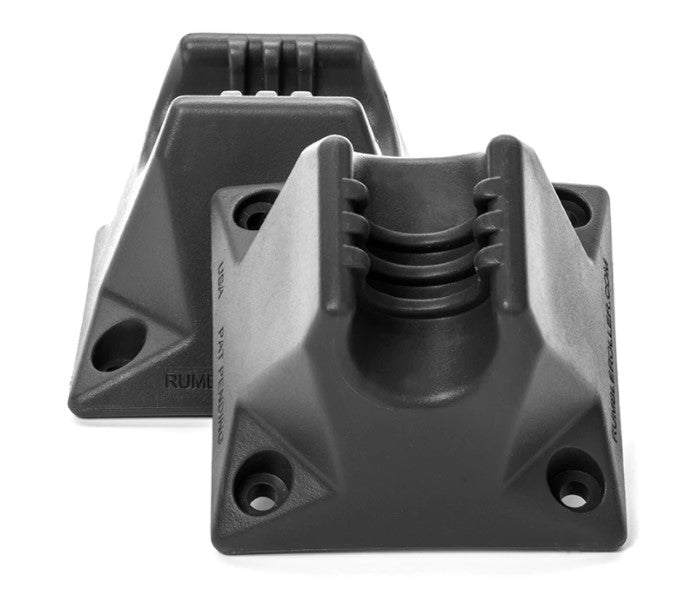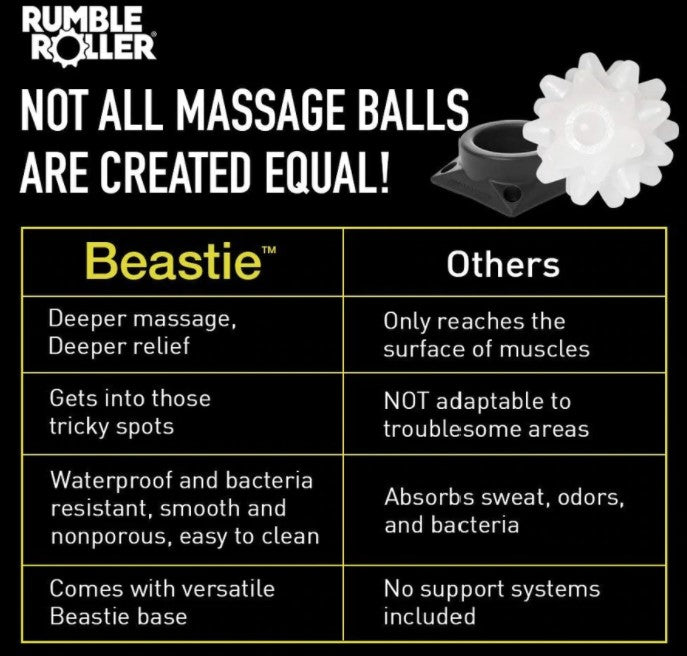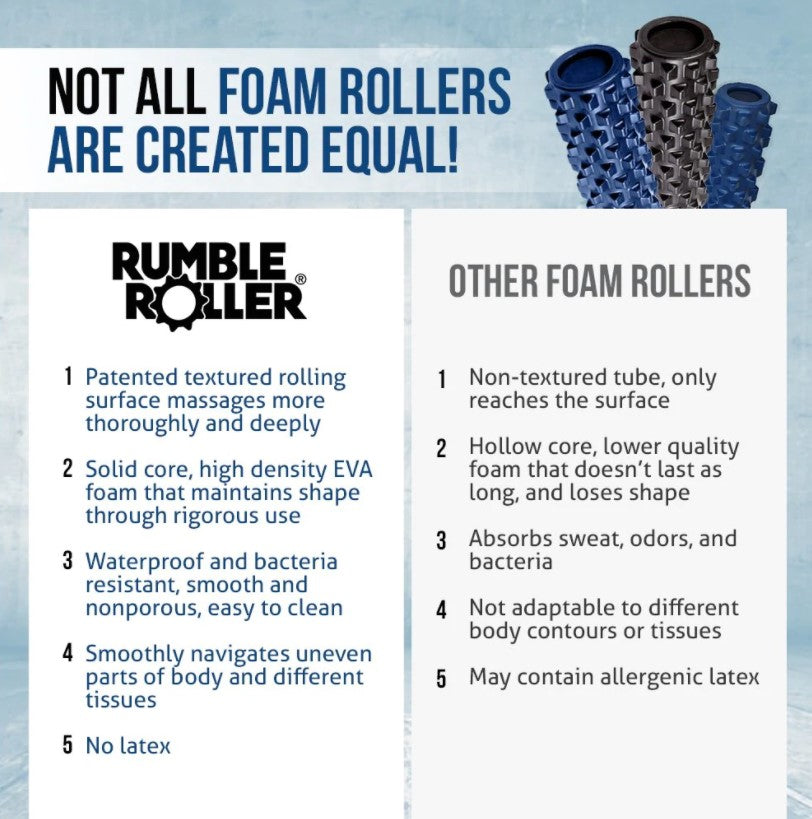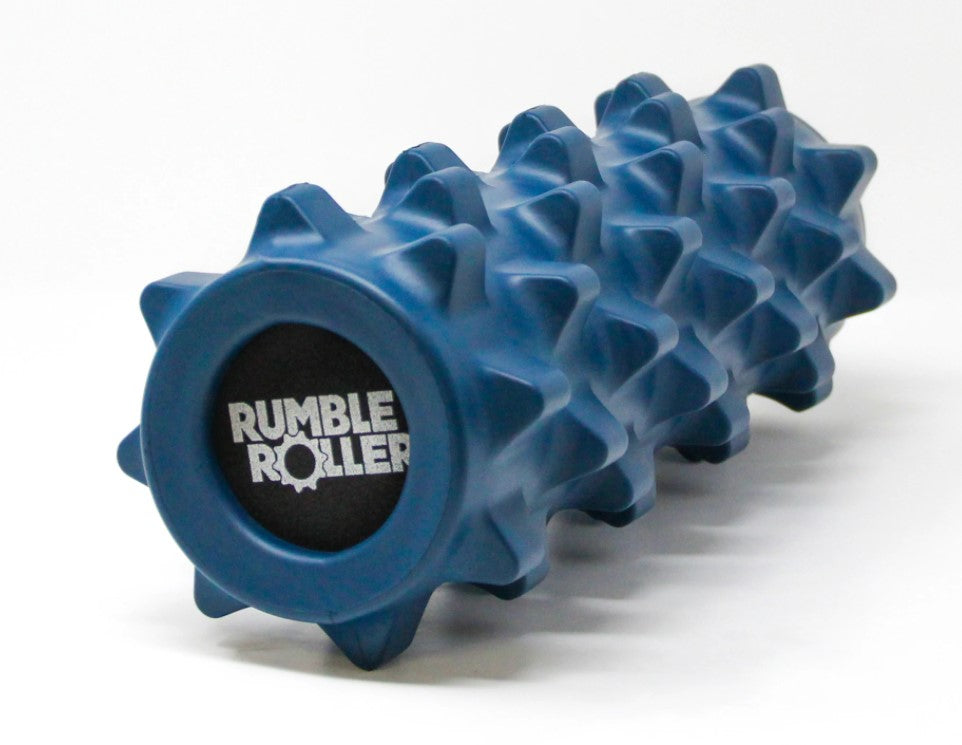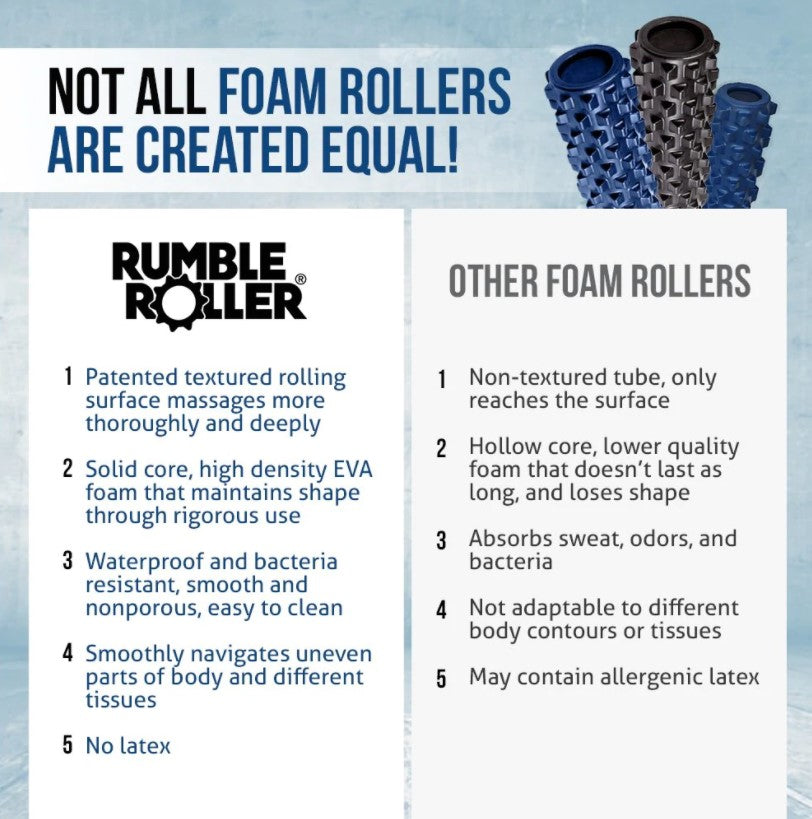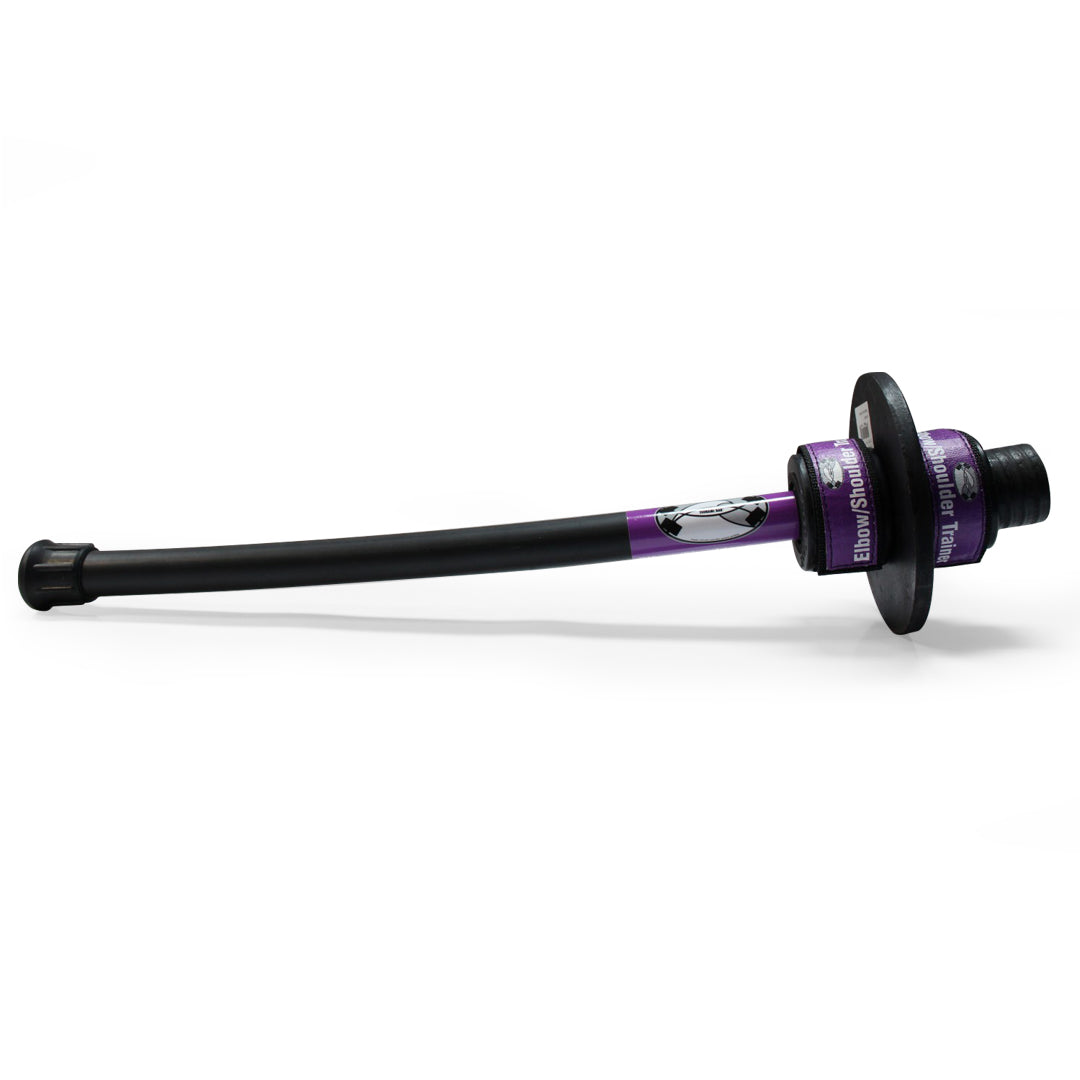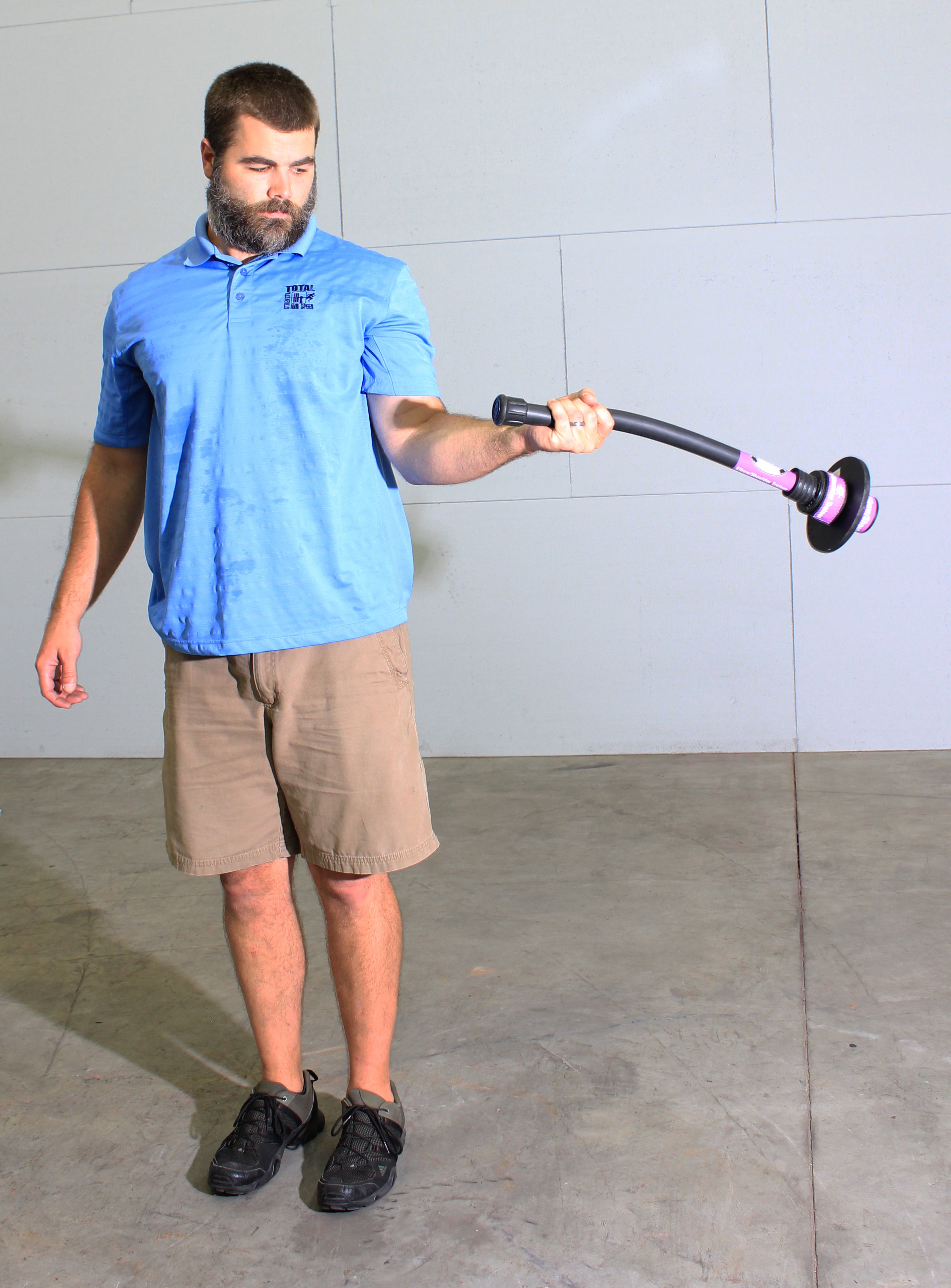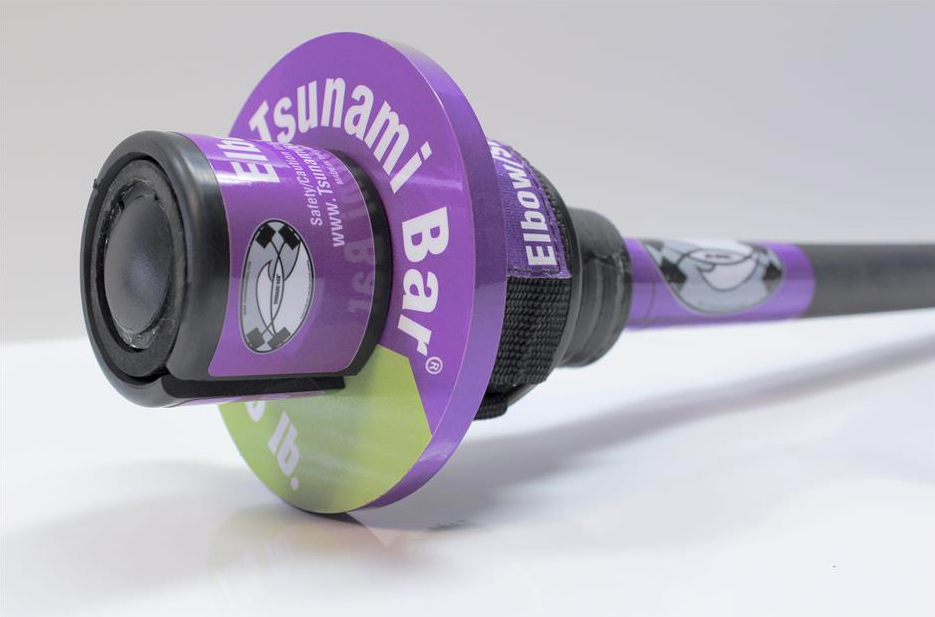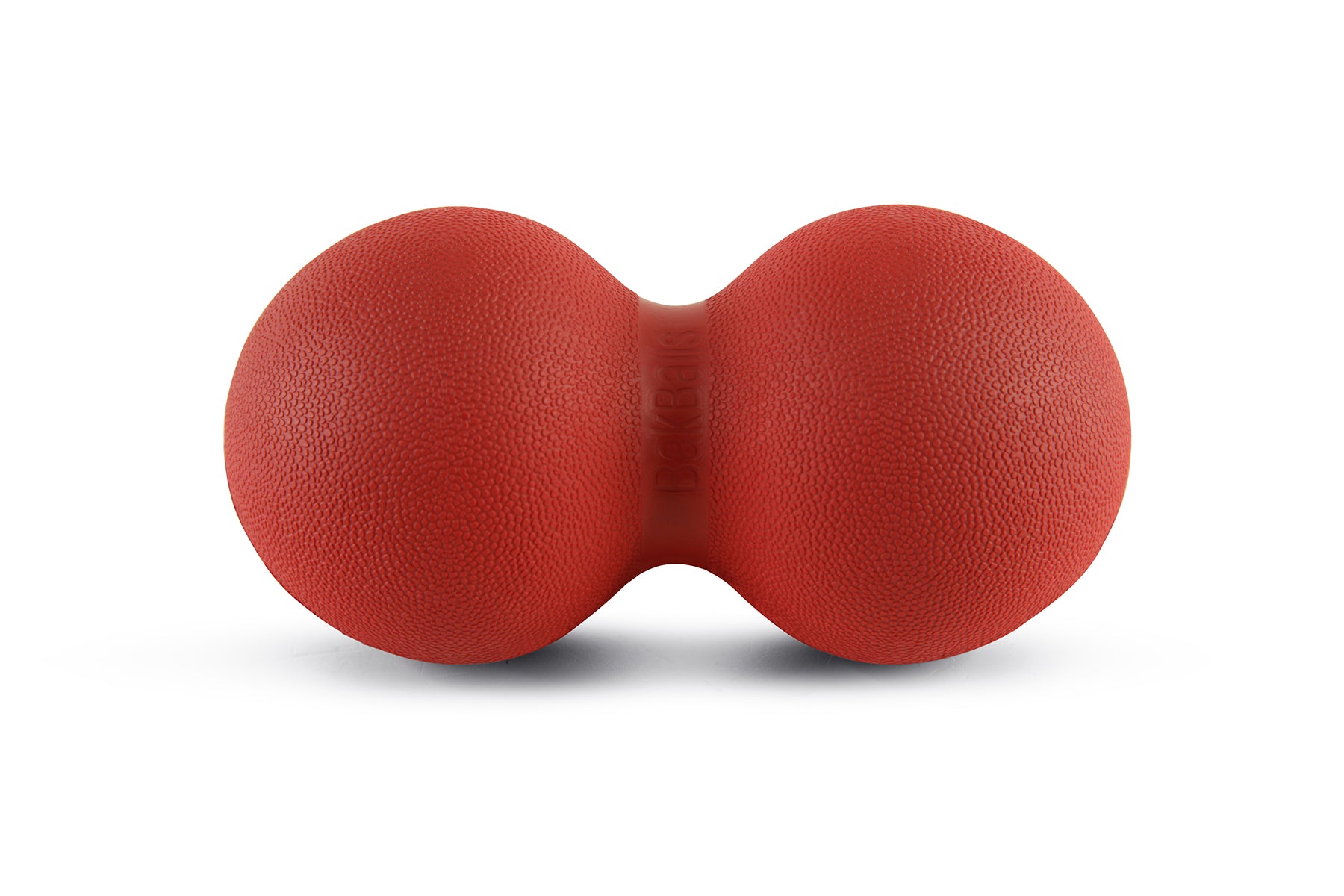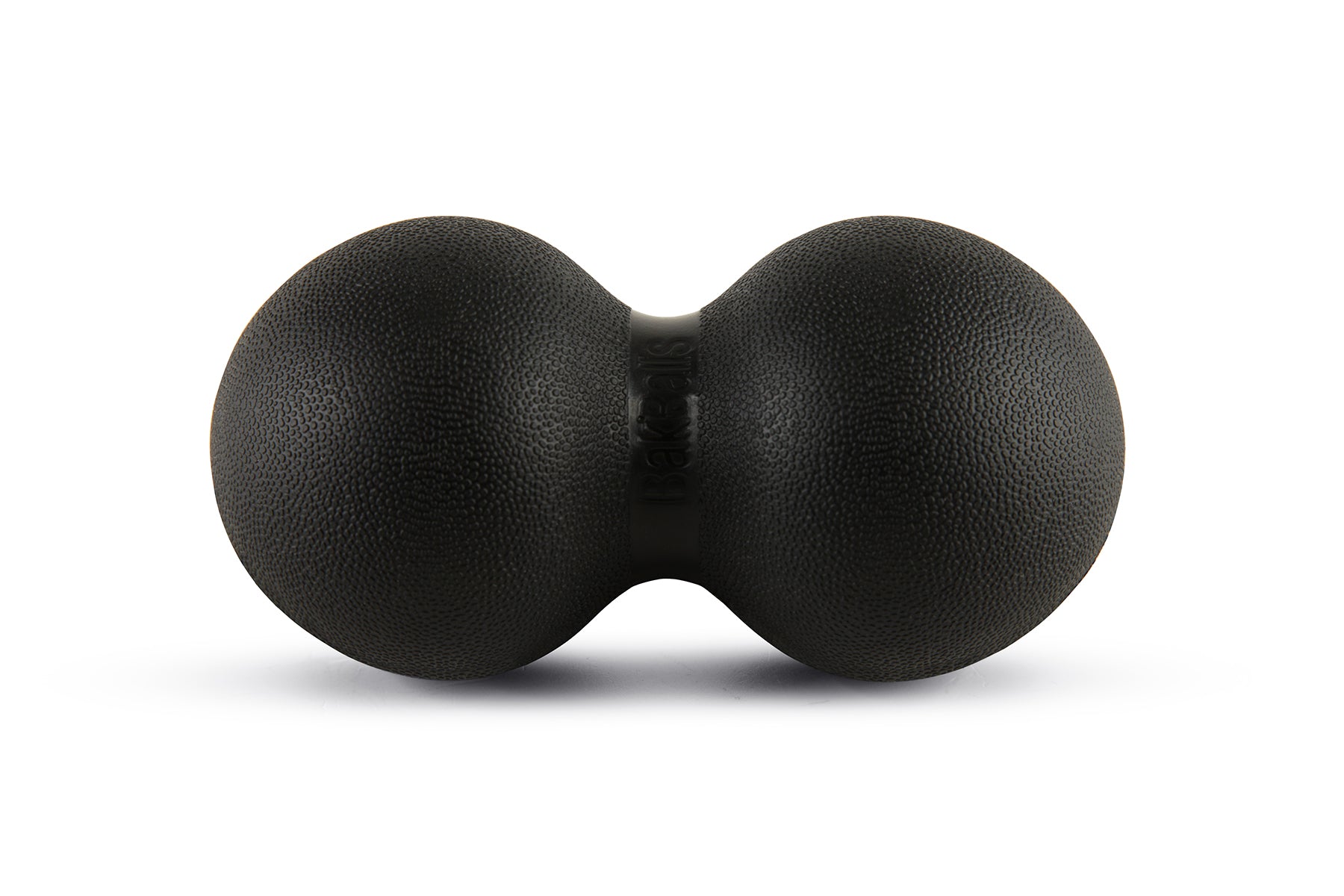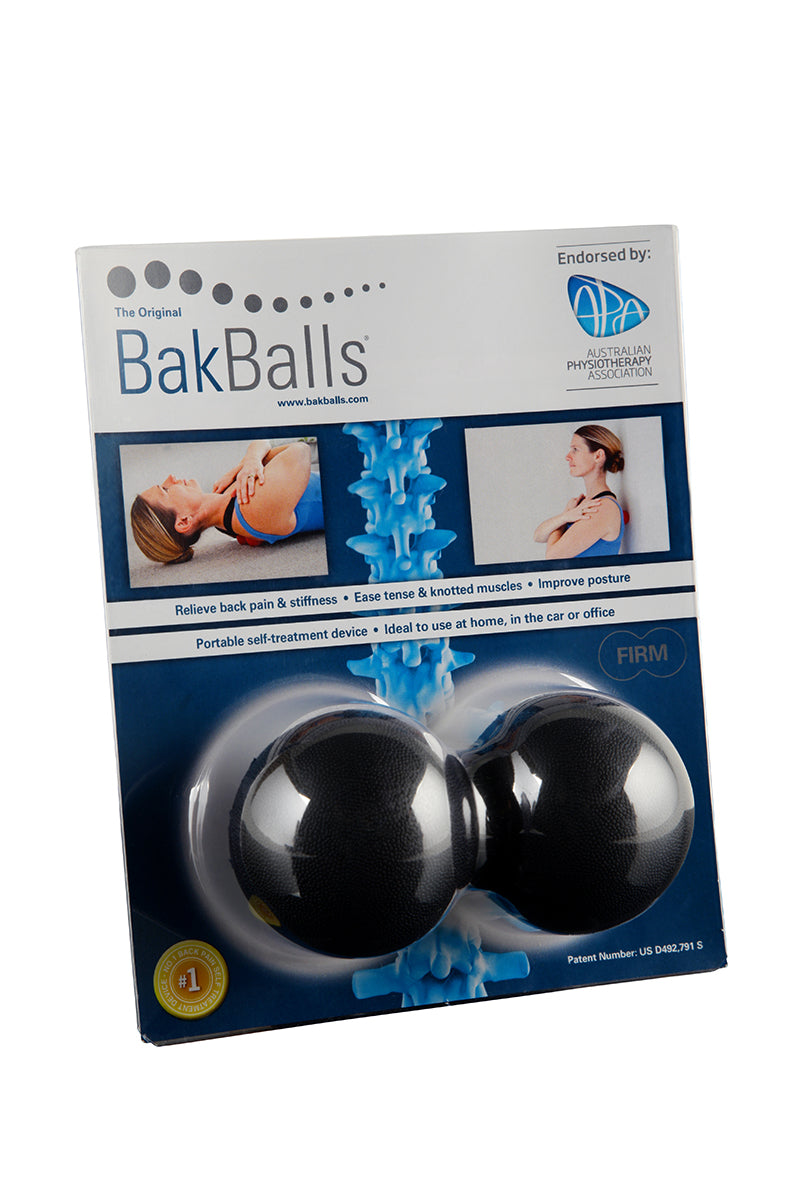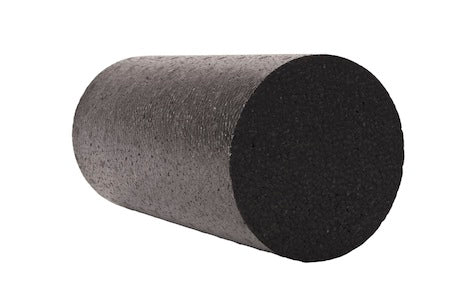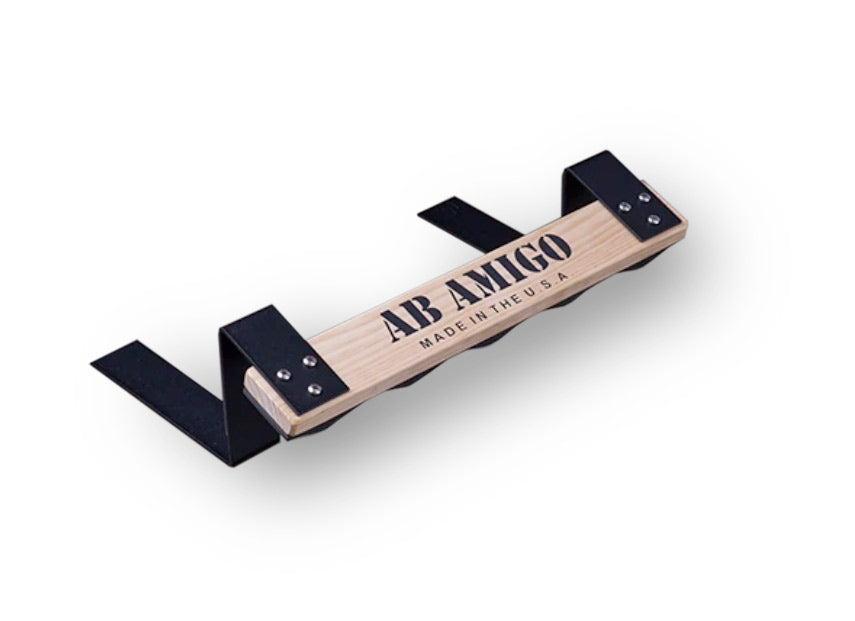
If you haven’t lived under a rock these last few years, you know of CT Fletcher and his "it’s still your mother fucking set" (ISYMFS) slogan. Those of you who have followed him more closely also know that he had a heart attack not long ago and is currently in the hospital recovering from a heart transplant. His posts give me daily updates on what he is going through, and reminders of what I have gone through. While in the hospital recovering from this traumatic surgery, you tend to forget that time isn’t sitting still but actually moving forward. Although CT and I are very different in our approaches to life, we are going through pretty much the same issue: open heart surgery and the uphill battle it puts in front of us. I would have to bet that CT, like myself, is not a quitter and will do whatever it takes to get back to being who he was before he walked into surgery. Let me break down what it is like to have open-heart surgery. My first open-heart surgery was aortic valve regurgitation surgery. Like CT, this meant I had to be cut open. I didn’t put much thought into the surgery ahead of time — I just wanted to get in, get out, and get moving back in the same direction I had been moving. At the time I had just achieved a 2725-pound total in the 308-pound weight class, received a sponsorship from elitefts, and knew I had a lot more left in the tank. I was fairly new to the sport of powerlifting—but not to lifting heavy—and was excited about the future. I wanted to get in and out, but that wasn’t what happened after surgery.
For this surgery and my two others, I walked in on my own, slowly. In none of them was I rushed or unconscious, but the anesthesia is very intense. When you go through this, you remember being prepared for the procedure with an IV and other procedures, and then the countdown starts: 10, 9, 8, 7, and then you’re out cold. I remember waking up after the surgery and having no idea who I was or where I was. It felt as if I fell asleep for five minutes and then woke up. Unlike a normal nap, though, I woke up from my first surgery with a huge pipe in my throat, connected to an array of wires and tubes. It took several minutes before I was able to see, but once I could, I saw my wife and family, which gave me a sense of security and peace. It took a while for the tube to come out of my throat and for me to be able to communicate with my family verbally. This, at times, was frustrating. I can only imagine how CT feels, especially after watching his videos, as he is much more animated and vocal than I have ever been. The pain is pretty bad from the opening of the sternum, but the pain medicine masks some of it, thank God. Reading and seeing a lot of CT’s posts, I would guess that he is a religious man, and this helps extremely. After my second open-heart surgery, I regained consciousness but was still “under” and in a coma. Despite this, I could see and hear what was going on around me. I was in a coma, able to see my family standing over me and praying. I didn’t know the severity at the time but this made me say over and over, “Please God, don't let me die." This sounds pretty crazy but I’m telling you 100% true that the power of prayer is awesome.
RECENT: Cultivating Champions: How I Trained the C2 Volleyball Team
After a couple days and many nurse checkups for vital signs and other indicators, the big day comes. You get to get another tube out of you: the urinary catheter. This sucks just as bad as anything. I’ve had it done with all three open-heart surgeries and all of them sucked. I’m sure, like I did, CT screamed at the nurse while this happened. After this, you slowly transition back to walking. Everyone who is able-bodied takes walking for granted, as they do with most everyday things. Walking five feet at first is tough. They ask you to walk a little more every time, usually around the front desk area where they are stationed. Mine was probably a total distance of 20 yards in a circle. They walk with you at first with a wheelchair in case you need to sit and rest. While you do this, you drag the IV and stat machine behind you. The IV is your pet for the weeks you are in the hospital: where you go, it goes, and it doesn’t come off until you’re released from the hospital. Assuming there are no problems with pneumonia and everything goes smoothly, you can be out of the hospital two to three weeks after surgery. I’m sure when CT gets out he will get back to work as soon as possible. His brain seems to be wired like mine — iron addicts. He will have many at-home visits from a nurse, as well as many biopsies at the hospital to assure the foreign organ (heart) is taking, and that the anti-rejection medicine is working. The time period prior to a heart transplant is a little different than with my first three open-heart surgeries; I’m still waiting for mine. There have been nearly 20 meetings with many people, from the team to social workers to infectious disease doctors. The positivity that CT shows in his videos is assuring, and equal to my feeling that all I need is the new heart and I will be better than I have been over these last three years. Cardiothoracic rehabilitation is another step to take in the journey to full recovery. This consists of four to six weeks of walking at slow paces while the rehabilitation specialists monitor and check all vitals. This was hard for me to swallow. The walking pace was pathetic, but at this stage very challenging. Lifting weight is nonexistent for a while, which is probably the hardest part for people like CT and me. After being around weights and training most of my life, not being physically able to lift now sucks. I remember starting with the bar or just a plate or two on selectorized equipment. Owning a gym and having some high-end lifters here makes it even tougher mentally on me. Knowing what I have done and what I want to do in the future makes me crazy. This whole process dramatically changes the structure of your life. I’ve had to make some changes to get through it and feel as good as possible while waiting for my new heart. I understand where CT Fletcher is coming from by writing the daily posts and updates to his fans. I did very similar updates and posts for my friends, family, and clients. While you’re in the hospital recovering, it feels like you are disconnected from everyone and everything, all while trying to handle the additional anesthesia and the effects of it. It is a very weird time and you really want to get out of the hospital and resume your normal life of training in gym time as soon as possible. I would bet CT (like myself) is chomping at the bit to get back under the bar. For CT or anyone else reading this who has experienced open-heart surgery, I would love to hear from you about how you adapted. I’d also love to know the all-time top 10 powerlifting records for the Open-Heart Masters Division, if anyone knows them.







